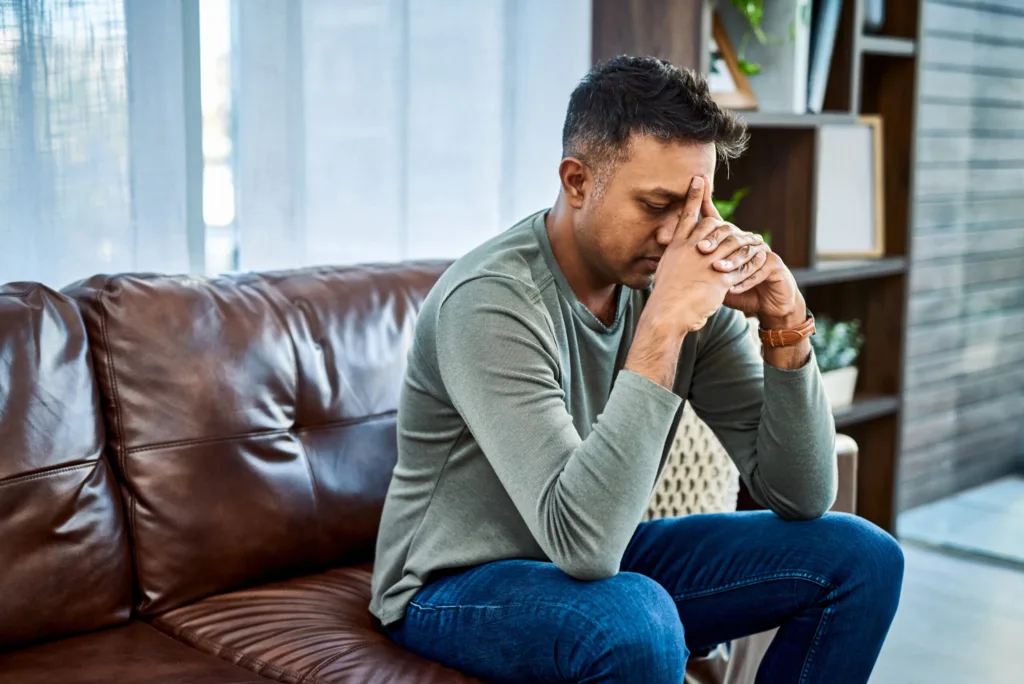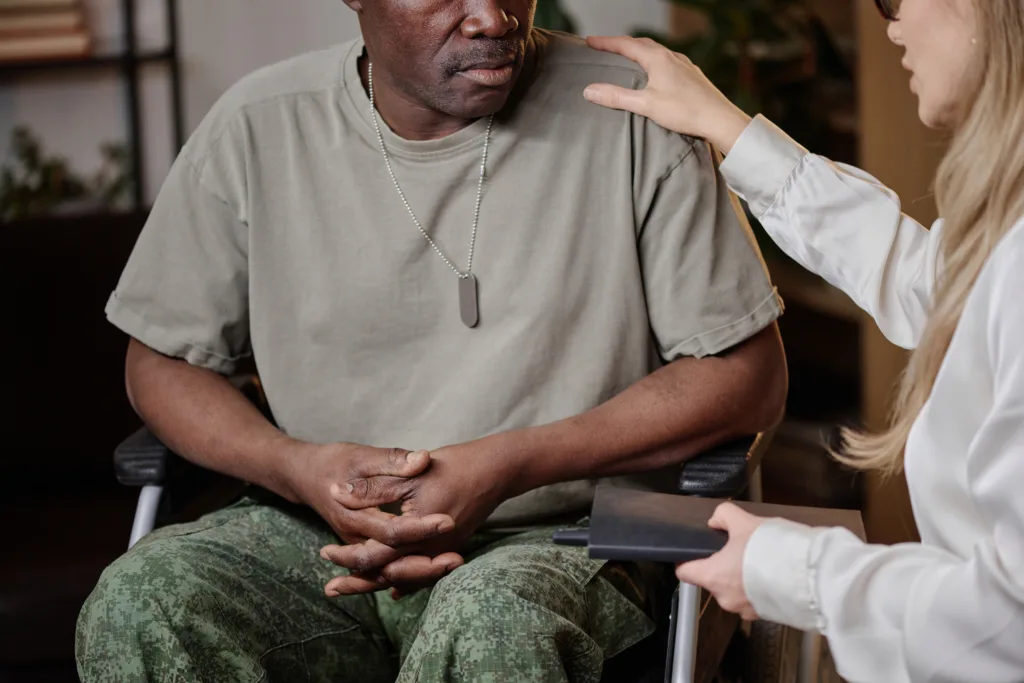The Risks of Routine Sleeping Pill Consumption

Sleeping disorders are highly common in the United States. According to the Cleveland Clinic, approximately 10 percent of Americans struggle with a sleeping disorder, such as insomnia.
Because sleep is such a crucial part of our well-being and has a devastating impact on our health when not enough sleep is obtained, many people seek out solutions to sleeping complications.
One such solution is sleeping pills. And because they are commonly prescribed, it can be easy to have misleading thoughts, like: “They can’t be that dangerous if they are so often prescribed – can they?”
Are sleeping pills dangerous?
When sleeping pills, including barbiturates and benzodiazepines, are taken at their prescribed dose as instructed by a medical doctor, the dangers of sleeping pills do decrease. But that does not mean they cease to have risks. As with all medications of this kind, it is possible to develop dependence and, possibly, addiction.
What are sleeping pills?
Called “sedative hypnotics,” sleeping pills are central nervous system depressants, meaning they act on the central nervous system to slow down the body’s functioning – in other words, they mimic the sedative state the body falls into when drifting off to sleep. These medications are most often prescribed to help with insomnia as well as ease symptoms of anxiety.
The most commonly prescribed sleeping pills include:
- Ativan (lorazepam)
- Halcion (triazolam)
- Klonopin (clonazepam)
- Librium (chlordiazepoxide)
- Luminal (phenobarbital)
- Nembutal (pentobarbital)
- Tranxene (clorazepate)
- Valium (diazepam)
- Xanax (alprazolam)
- Zaleplon (Sonata)
- Zolpidem (Ambien, Edluar, Zolpimist)
Many of these drugs are prescribed with warning labels identifying the possible risk of addiction. That being said, not everyone who is prescribed sleeping pills will inevitably develop an addiction, and the more closely you follow prescription instructions and avoid combining sleeping pills with other depressants (including alcohol), the lower the risk.
It is important, however, to have an understanding of these risks to prevent addiction from occurring.
Is overdosing on sleeping pills possible?
It is possible to overdose on sleeping pills, and, unfortunately, several individuals who have been prescribed these medications have suffered from these severe negative effects.
The longer an individual is on a medication of this kind, the more the body’s systems adjust to the constant presence of these chemicals. What this means is the body becomes tolerant of the medication, over time requiring a higher dose to achieve the desired effects. This oftentimes leads to addiction; or, it can cause someone to accidentally take too much of their medication in the hope of achieving their desired effect.
Overdose can also occur if you forget you already took a dose or accidentally doubled up. To prevent confusion, it is important to you a daily/weekly pill box or other method of medication management.
Sleeping pills are also often a culprit when it comes to suicide, where an individual ingests more than the prescribed dose to stop their body’s systems. Most of the time, vomiting will occur, but toxic ingestion demands medical attention right away. Additionally, if suicide is a risk, medical help needs to be sought out immediately.
What are the signs of a sleeping pill overdose?
Because sleeping pills slow down the central nervous system, a person who has overdosed often becomes unresponsive.
Additional signs of sleeping pill overdose include:
- Fainting or dizziness
- Trouble breathing
- Cyanosis, where the tips of the fingers, the lips and the skin display a tinge of blue
- Dropping body temperature
- Slowed respiration and heartbeat
- Confusion or trouble processing thoughts
- Slowed response time
- Slurred speech
- Vomiting
- Coma
If you suspect a sleeping pill overdose has occurred, it is crucial to call 911 immediately. Medical intervention is often required to reverse the effects of sleeping pill overdose.
Are you concerned about sleeping pill consumption?
If you are worried about the long-term effects sleeping pills may have on your system, or are concerned about the development of tolerance or addiction, help is available.
Thankfully, there are numerous natural methods to help promote healthy sleep/wake routines to beat insomnia – you might consider looking into these options if you want to move away from treating insomnia medicinally (always check with your doctor before stopping medication use).
Alternatively, for those who already believe they are struggling with symptoms of addiction, and for anyone who is having suicidal thoughts, it is important to reach out to a mental health professional.
Pyramid Healthcare is here to support you in whatever way you need most. To get in touch with someone who can help, contact us at 888-694-9996 or by contacting us online to learn more about our programs today.







